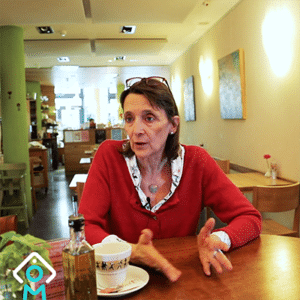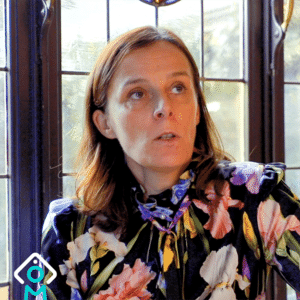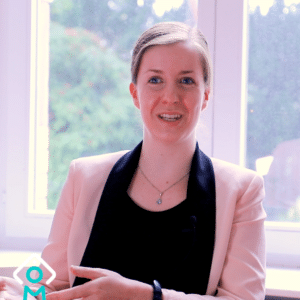The beginnings as a societal impact company
In this Meet an entrepreneur video, four entrepreneurs share with us their beginnings as societal impact companies:
- Obtaining SIS accreditation
- Differences
With
You liked this content?Share it now!
Bookworm? Read the transcript!
Transcription de l'intervention de
The beginnings as a societal impact company
With Venemany Vilay
Founder of A-PRENDRE since 2020
With Jean-Marc Boueyrie
Founder of J-WAY since 2001
J-WAY is a software publisher whose business is the digitalization of processes. Nowadays, we mainly serve large national and regional administrations.
With Emma Zimer
Founder of NOUMA since 2016
And Jean-Philippe Wagnon
Founder-Cooperator of ALLAGI since 2019
Obtaining SIS accreditation
In concrete terms, it took a year. But in terms of procedures, it only took a month.
There were many exchanges with MESIS officials, their predecessors as well as the ministry for them to understand the J-WAY process, where we wanted to go. This is relatively new in Luxembourg and the case of a company whose vocation is to be profitable… because a S.A., if it’s not profitable, it’s destined to disappear… so there you go… That already had capital, that already had shareholders, already had customers, was a point that I think was quite new. So there was a part of mutually getting to know each other between MESIS and J-WAY that led to this process, and it was long. It lasted two years.
It was pretty straightforward in discussions. Of course, you should always take the time to fill out the forms correctly. It’s also always an opportunity to reflect and make sure you’ve thought things through properly and properly shared them, too.
It took a while because there were quite a few consultations. With the MESIS to make sure things were OK, if the indications were OK and all that. But that all made it possible to have an application that was ready, and was approved. For choosing indicators, I was actually accompanied by the MESIS, so we had a few meetings where I made my first proposals… There were comments, we adjusted, there were several tos and fros like that, to finalize things.
Differences
Of course, the social aspect takes precedence over the commercial aspect. In terms of communication, I emphasize the social aspect above all. And what’s interesting is that the social project interests stakeholders much more than the business corporation itself. The disadvantages, of course, are the expenses related to management. Because a SIS has an obligation of transparency regarding its auditing and accounting, and that is pretty major for a company that’s starting out, for example.
The fact that we are now a SIS implies a modified strategic vision. I’d say the difference is that it fosters a real commitment from employees. Three of them have already taken a stake in the company, others are becoming shareholders in the company, too. So there’s a real buy-in. Second, ensuring that the performance indicators you’ve committed to are formalized.
People thought that, in a very practical and very down to earth way, being an impact company with 100% impact shares, of public utility, would be a facilitator for businesses, particularly with regard to the deductibility of donations. I think that’s still the case but we’re still learning how to solicit, set up projects in relation to donations.
With a SIS, there are certain obligations including the obligation to audit, I surely won’t be the first to say it… that aren’t easy, because it’s true that when you start a company, you have limited funds. An audit costs around 5000 euros at a minimum. That could be considered as a first blockage point.
At first, something that shocked me a bit as a small company (there are only twelve of us) was the idea of having an auditor. I thought oh boy! “An auditor”… An auditor, that’s going to cost a lot of money. And it’s true, it does cost. I don’t need an auditor. But I’m actually changing my mind.
There is value, even if it’s very demanding, in the external audit we go through every year. The report led us to implement an annual impact report. We’ll be releasing the second one within the next few weeks. It’s also very interesting. It’s a whole exercise. I think we’ll publish it, we’ll post it on the website. And these are things that are up and coming in other companies, with issues of sustainable development and funding, extra-financial reports, etc.
There can be financial benefits. We are… in any case as a SIS, we are 100% tax free. So we don’t pay taxes, we can receive donations, we can get grants, so that still opens up some door that are otherwise closed to conventional companies.
No, a societal impact company is no different from any other company and we have to follow financial indicators too, which allow us to cover salaries, as well as costs, and make it possible for the project to be sustainable.


